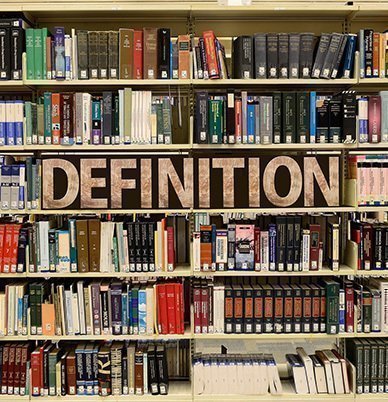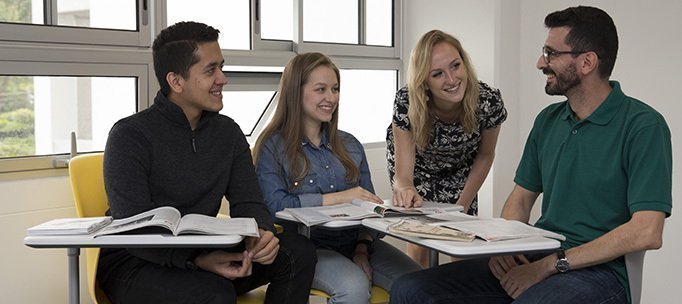If you want to become a good language learner, here are a few language learning tips that will help you to learn to communicate effectively. Please, put them into practice and share your ideas with your classmates and teachers: you can learn a lot from their experience and they can also learn from yours.
How do you learn a language?
There is no easy answer to this question. We learn a language in lots of different ways. As children, we learned our native language by hearing it from everyone we met. We also learned by repeating sounds and words that sometimes we did not even understand. You learn a language by coming into contact with it as much as possible and as often as possible. You will meet it in class. You will hear it on TV and in films. You will read it at airports. You will see it in signs in every city in the world. The more you notice the language around you, the more your language will improve.
Grammar and vocabulary
It may interest you: Licenciatura Español - Inglés
Words and expressions
There are hundreds of thousands of words in a language. For instance, English has about 170,000 words. But nobody knows them all! Most native speakers know only a small fraction of the total, but they can always say what they want to say. There are three main reasons why they can do this:
- They know how to combine words in collocations: make a mistake, get lost, etc.
- They know many fixed expressions: by the way, on behalf of, in the middle of, etc.
- They know lots of idiomatic language: let your hair down, the tip of the iceberg, etc.
Words almost never occur alone. You will learn best if you learn words in collocations, phrases and expressions.
Pronunciation

Learning how to pronounce words well in a foreign language is very important for communication. When you pronounce a word incorrectly, there are many chances to miscommunicate your ideas. One of the best ways of improving your pronunciation is to learn how to say complete expressions. If you learn the pronunciation of the expression when you learn the meaning, you will sound more natural when speaking the language.
Accent
Is there anything wrong with a slight foreign accent? No! When you are learning a foreign language, there is nothing wrong with foreign accent. For example, a Spanish-speaking learner speaking English with a Spanish accent, or a German student speaking Spanish with a German accent, or an English-speaking person using an English accent when speaking German, and so on. The most important is that people can understand you!
If your accent is too strong, you need to listen carefully to more natural language and your accent will slowly improve.









